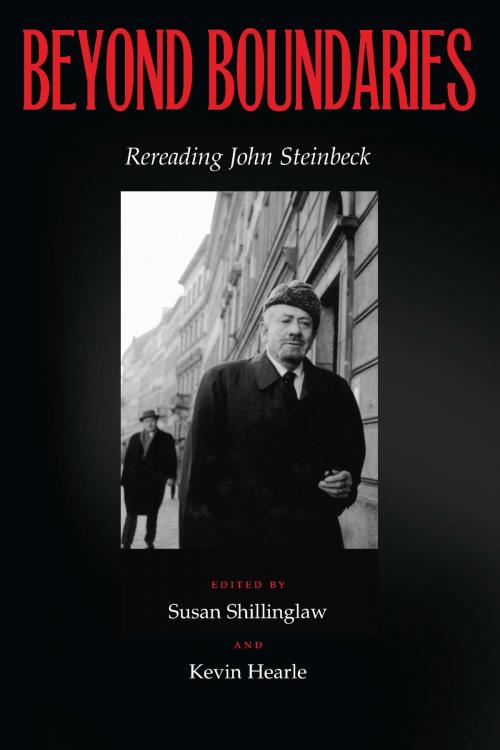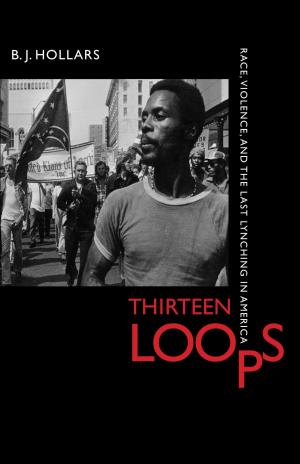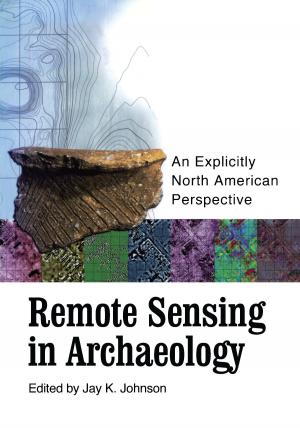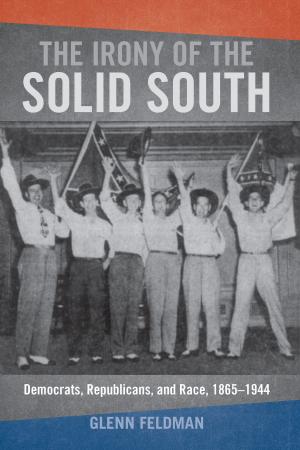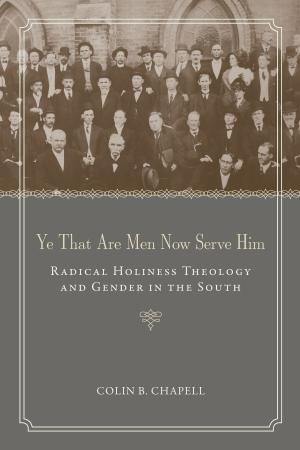Beyond Boundaries
Rereading John Steinbeck
Fiction & Literature, Literary Theory & Criticism, American| Author: | Lorelei Cederstrom, Gavin Cologne-Brookes, James C. Kelley, Warren G. French, Paul Hadella, Charlotte Hadella, Hiroshi Kaname, Michael J. Meyer, Kiyoshi Nakayama, John Ditsky, Mimi Reisel Gladstein, Kyoko Ariki, Brian Railsback, Robert DeMott, Christine Rucklin, P. Balaswamy, John Seelye, Rodney P. Rice, Christina Sheehan Gold, Hiromasa Takamura, Malithat Promathatavedi, Carol L. Hansen, Stephen K. George | ISBN: | 9780817389970 |
| Publisher: | University of Alabama Press | Publication: | November 15, 2015 |
| Imprint: | University Alabama Press | Language: | English |
| Author: | Lorelei Cederstrom, Gavin Cologne-Brookes, James C. Kelley, Warren G. French, Paul Hadella, Charlotte Hadella, Hiroshi Kaname, Michael J. Meyer, Kiyoshi Nakayama, John Ditsky, Mimi Reisel Gladstein, Kyoko Ariki, Brian Railsback, Robert DeMott, Christine Rucklin, P. Balaswamy, John Seelye, Rodney P. Rice, Christina Sheehan Gold, Hiromasa Takamura, Malithat Promathatavedi, Carol L. Hansen, Stephen K. George |
| ISBN: | 9780817389970 |
| Publisher: | University of Alabama Press |
| Publication: | November 15, 2015 |
| Imprint: | University Alabama Press |
| Language: | English |
As a writer who, beginning in the 1930s, gave voice to the ordinary man and woman, Steinbeck came to be the conscience of America. He witnessed and recorded with clarity much of the political and social upheaval of the 20th century: the Great Depression, World War II, the Cold War, Vietnam. Yet his place in the literary canon of American literature has been much debated and often dismissed by academics. Beyond Boundaries challenges that dismissal and replaces it with a fuller, more nuanced and international appreciation of the popular Nobel laureate and his works.
Topics treated in these wide-ranging essays include the historical and literary contexts and the artistic influence of the eminent novelist; the reception and translation of Steinbeck works outside the United States; Steinbeck's worldview, his social vision, and his treatment of poverty, of self, and of patriotism; influence on Native American writers; the centrality of the archetypal feminine throughout his fiction; and the author's lifelong interest in science and philosophy.
Truly international in scope, this timely study reevaluates the enduring and evolving legacy of one of America's most significant writers.
As a writer who, beginning in the 1930s, gave voice to the ordinary man and woman, Steinbeck came to be the conscience of America. He witnessed and recorded with clarity much of the political and social upheaval of the 20th century: the Great Depression, World War II, the Cold War, Vietnam. Yet his place in the literary canon of American literature has been much debated and often dismissed by academics. Beyond Boundaries challenges that dismissal and replaces it with a fuller, more nuanced and international appreciation of the popular Nobel laureate and his works.
Topics treated in these wide-ranging essays include the historical and literary contexts and the artistic influence of the eminent novelist; the reception and translation of Steinbeck works outside the United States; Steinbeck's worldview, his social vision, and his treatment of poverty, of self, and of patriotism; influence on Native American writers; the centrality of the archetypal feminine throughout his fiction; and the author's lifelong interest in science and philosophy.
Truly international in scope, this timely study reevaluates the enduring and evolving legacy of one of America's most significant writers.
